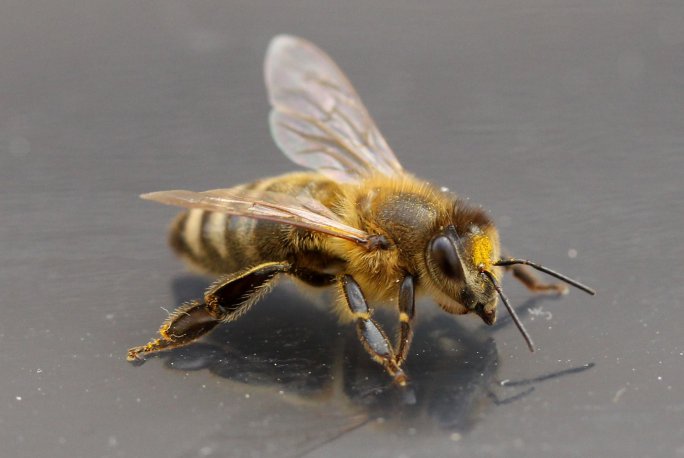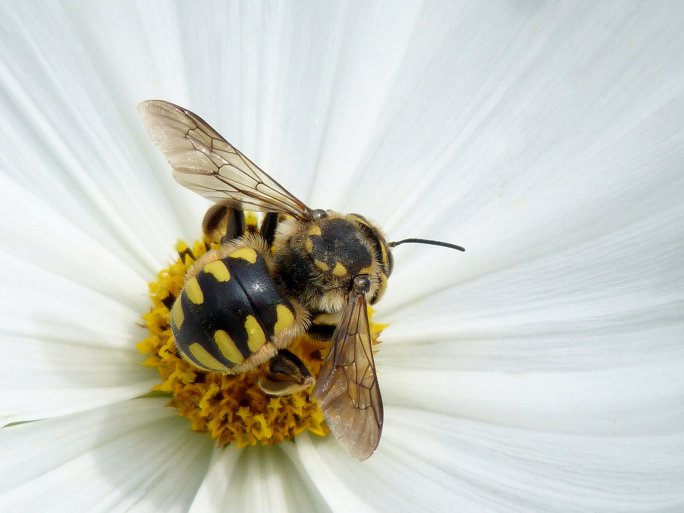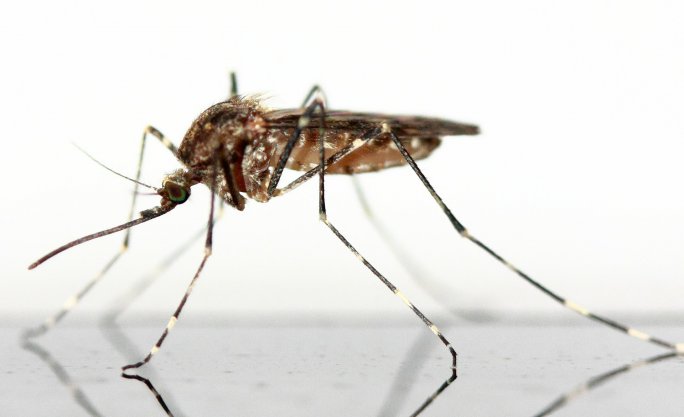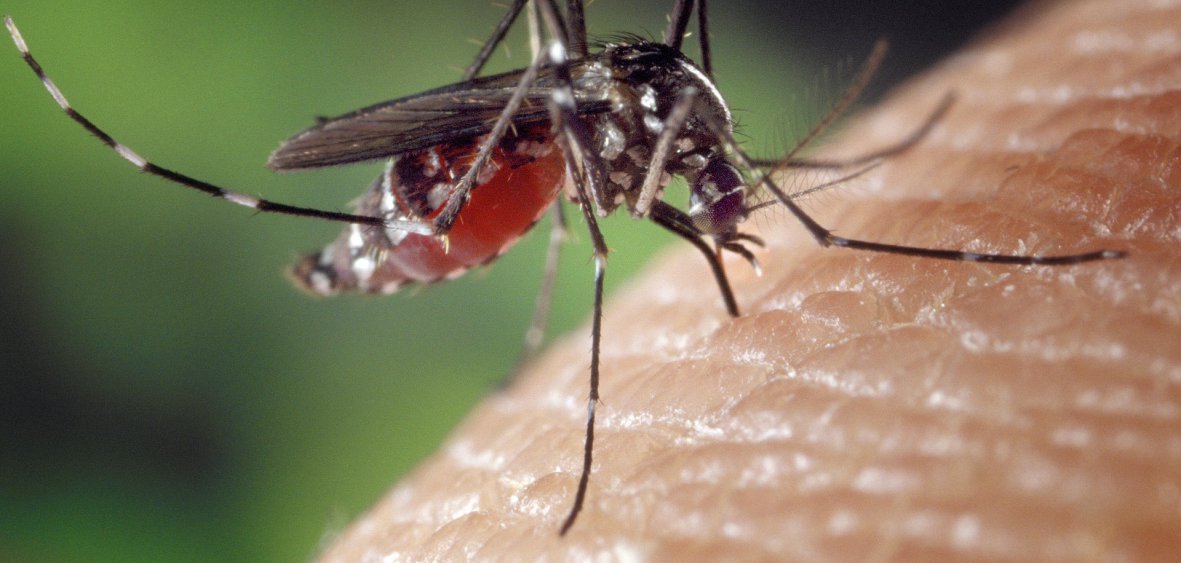Almost everyone loves summer. Unfortunately, it is also the favourite season of insects such as wasps, mosquitoes and ticks. None of us likes to meet them. What should be done to avoid the unpleasant consequences of dealing with these insects and what should be done if a bite has already occurred? Here are some tips on how to proceed in this case.
What scares bees away?
Bees are lovers of most plant scents. There is probably no plant able to deter them. The only herb they don't love is the mugwort of the wormwood. If you don't want these insects to fly into your house, it's worth hanging a bundle of these herbs in the window.
Bee sting - what to do?
However, when a bee bites, its sting should be removed from the skin as soon as possible. In the sting itself there is a venom, which if it remains in our skin will spread all over the body. We can use our fingers to extract it, and if we can't do it, let's use tweezers. The bite site should be disinfected with e.g. spirit or the popular Octenisept (especially recommended for children - not baked!).

What deters wasps and spreading?
Dried herbs such as marjoram, oregano and thyme have a deterrent effect on wasps. In order to prevent them from entering our apartment, place bowls of these herbs on the window sills. For this purpose we can also use fresh mint in pots and water with a few drops of eucalyptus oil.
Wider, however, does not tolerate the smell of garlic. In order to get rid of these uninvited guests, let's put a few chopped garlic cloves near the window sill.
In order to protect the children's room from insects, let's put a special net in the window, called a mosquito net. During the summer, remember not to leave glasses with sweet drinks without cover and to serve the children drinking with a straw. We will then prevent the child from swallowing the insect with the drink.
Wasp stinging and spreading - what to do?
Wasp stings and spreads can be particularly dangerous for children, who may be allergic to their venom. The first symptom of the bite is a rapidly growing swelling at the bite site. It is very dangerous if a bite has occurred in the head or neck area. In addition to swelling, shortness of breath, coughing or fainting may also occur. If such symptoms appear, call an ambulance immediately. In other cases, the bite itself can be painful, but it does not pose a greater threat to our lives.
In order to relieve pain, it is recommended to wash the swollen area with cool soapy water and apply cold compress to it for about a quarter of an hour. You can also make compresses of onion slices and parsley root, which will certainly bring relief and speed up the removal of swelling.

What scares away mosquitoes?
The smell of lemongrass and cloves has a deterrent effect on mosquitoes. To get rid of these troublesome intruders from our house, add a few drops of lemon grass oil and cloves to the scented fireplace. Mosquitoes do not like the smell of onions either, so you can use it and put it on the window so that it does not fly inside. You can also use a bit of vinegar poured into a bowl and left at the window.
Bite a mosquito - what to do?
A mosquito bite can be very troublesome due to the strong itching that accompanies it. We can alleviate them by using gels sold at the pharmacy. If you want to remove redness and swelling, it is recommended to use a special gel from arnica, which is also available in the form of tablets. Symptoms of mosquito bites can also be treated at home with a slice of lemon or apple vinegar wraps.

What repels ticks?
Remember to wear higher boots, long trousers and a hooded jacket when going on a trip to the forest or meadow. This applies to both adults and children. Ticks should not have direct access to our skin. It is also recommended to dress in bright colors, because they are better able to see possible insects, which we can easily throw away from each other.
Additional protection can be rubbing a few drops of sage or lavender aromatic oil into clothes - their smell repels ticks.
When we return from home, we should carefully examine our clothes and body. Pay special attention to the spaces between fingers and toes, scalp and armpits. Ticks usually wander in search of a suitable place where they could be knocked in. Take your clothes off the body and shake them thoroughly over the bath to remove potential intruders.
Tick bite - what to do?
If we notice a tick that has already penetrated our body, we should remove it as soon as possible. We can do this with tweezers or special small pliers (available in most pharmacies). If we don't have such instruments, let's do it with our fingers. Let's try to grasp it as close to our skin as possible and pull it out with a constant force along the axis of the puncture. Avoid jerking. In the morning alone, disinfect with salicylic spirit or Octenisept.
The removed insect should be placed in a plastic bag or box. Protect it with a piece of wet cotton wool before it dries out. We should then send it to examine whether the insect was not a carrier of borreliosis. If it turns out that it is not, we will avoid taking antibiotics unnecessarily. Only a few hundred to a few tenths of a percent of ticks are carriers of this dangerous disease.
If, on the other hand, it turns out that the tick was infected with borreliosis, the person bitten by it will have to undergo antibiotic therapy. However, it is comforting that the disease detected in the early stage of development is quite quickly curable.















